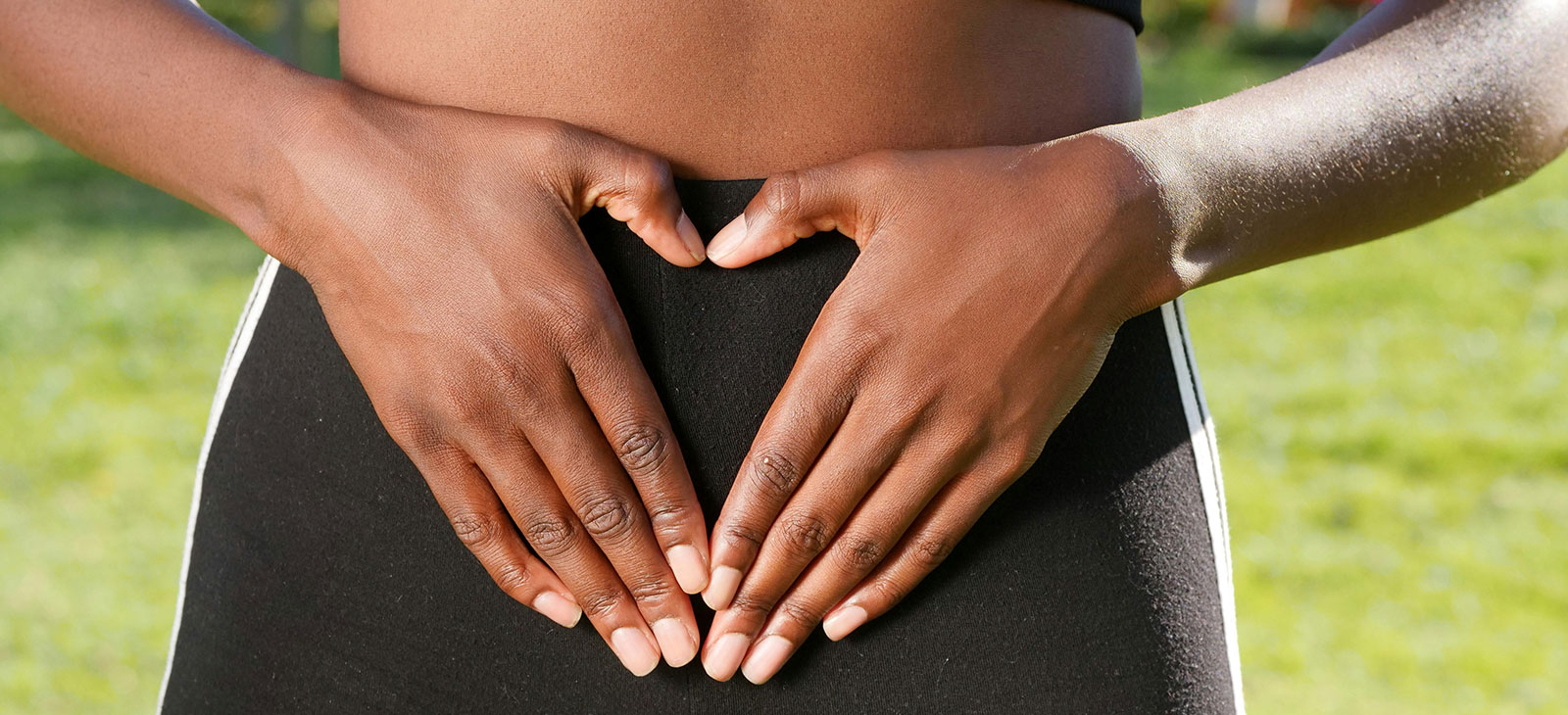Getting to know your gut

As I navigate my way through creating healthier lifestyle choices, I’ve seen a lot of attention put on gut health recently. Since I didn’t feel I had any issues with my gut health, I didn’t make learning about it a priority. But then my naturopathic doctor told me that I have SIBO (small intestinal bacterial overgrowth). Which means my gut is unbalanced and could use some love and attention. My doctor started me on supplements to help with my SIBO and then I started down the path to learning more about my gut.
What really goes on in our gut? We have trillions of bacteria in our gut to help us process food, produce nutrients, and fight disease. Also, there is good bacteria and bad bacteria; when we have a happy, balanced gut, we have about 80 – 85 percent good bacteria and 15 – 20 percent bad bacteria. When this happens, you feel good, your body is strong, you have consistent energy, and you have healthy poops. But when your gut is unbalanced and the bad bacteria takes over, all hell breaks loose. This can show up as inflammation, constipation, allergies, headaches, depression, autoimmune diseases, and more.
So how does the gut become unbalanced? Some of the culprits are medications, environmental toxins and chemicals, stress and illness. These all affect the ratio of good and bad bacteria in our gut. The food we eat also plays a role in the ratio of good and bad bacteria. Everything we consume is processed and either absorbed into our body or eliminated via our gut. Since what we eat, drink and think affects the environment of our gut, our daily choices play a critical role in whether those trillion plus bacteria help or hinder our gut health. I’ve heard the term food is medicine, but now I understand it in a whole new way.
If you’re interested in improving your gut health, here are some tips.
Chew your food thoroughly.
When we chew our food thoroughly it helps relax the stomach and releases saliva, which contains digestive enzymes that breakdown your food and aid your stomach and small intestines in digestion. The longer your food is exposed to saliva, the easier it will be to digest. So, take your time and chew slowly.
Eat fermented foods.
Fermented foods are loaded with probiotics, aka good bacteria. When you eat fermented foods like kimchi, sauerkraut, kefir, yogurt, or drink kombucha, it adds to the gut bacteria and can help balance out the gut microbiome.
Eat a variety of food. A diverse diet will provide your gut with the nutrients it needs. In general, the more types of bacteria you have in your gut, the healthier your microflora. Fruits and vegetables are generally rich in fiber, which is the key fuel for your gut health. So, enjoy a wide variety of foods, including a rainbow of fruits and vegetables, as well as whole grains and legumes. Smoothies are a great way to diversify your diet—you can add fruits, veggies, and yogurt to your smoothie to give your gut a boost of nutrients it needs.
De-stress.
Stress can seriously affect the mind-gut connection. When you are stressed, it can negatively affect the bacteria in your gut. This can cause bloating, diarrhea, or constipation. Find healthy ways to practice stress management by trying things like meditation, yoga, therapy or journaling.
Stay hydrated.
Drink plenty of water. A good rule of thumb for staying hydrated is drinking half your bodyweight in ounces of water each day. For example, if you weigh 130 pounds, you should drink about 65 ounces of water. That’s about eight 8-ounce glasses of water. By staying hydrated, it keeps everything flowing properly through your digestive tract.
Exercise regularly.
Exercising is one of the best strategies for a healthier gut and may increase microbiome diversity. I’ve heard that even low-intensity workouts can help maintain a healthy gut, and even going on a 10-minute walk after each meal can help. So, lace up your sneakers and try to start walking each night after dinner.
Your gut health has a lot to do with what you put in your body, so focus on foods that support your gut. It is also important to stay hydrated, reduce stress, and exercise regularly. When your gut is balanced, you won’t experience constipation, diarrhea, bloating, abdominal pain, or nausea. You’ll find that you have more consistent bowel movements. You’ll have higher energy levels and be in a better mood. Clearly, gut health is a big part of our overall health.
If you want to learn more, I recommend a documentary on Netflix called Hack Your Health: The Secrets of Your Gut. Show your gut some love today.